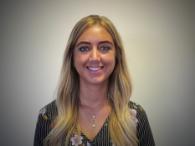Q&A with our co-investigators
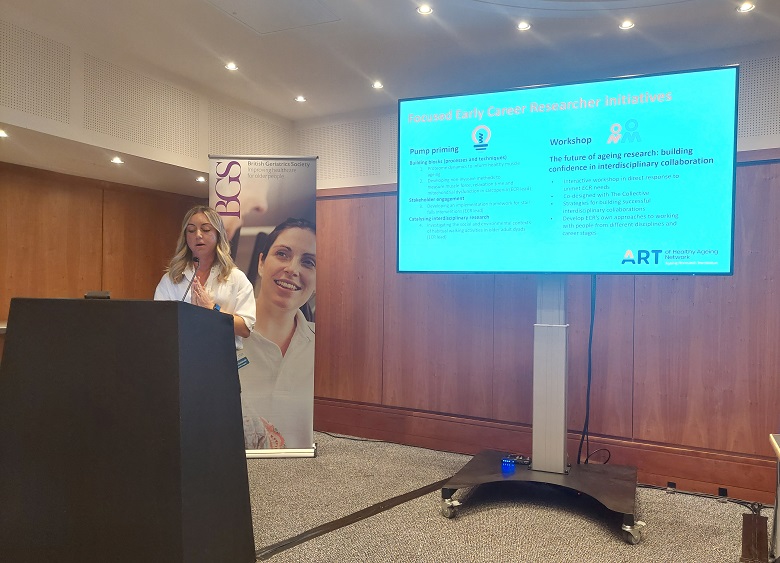
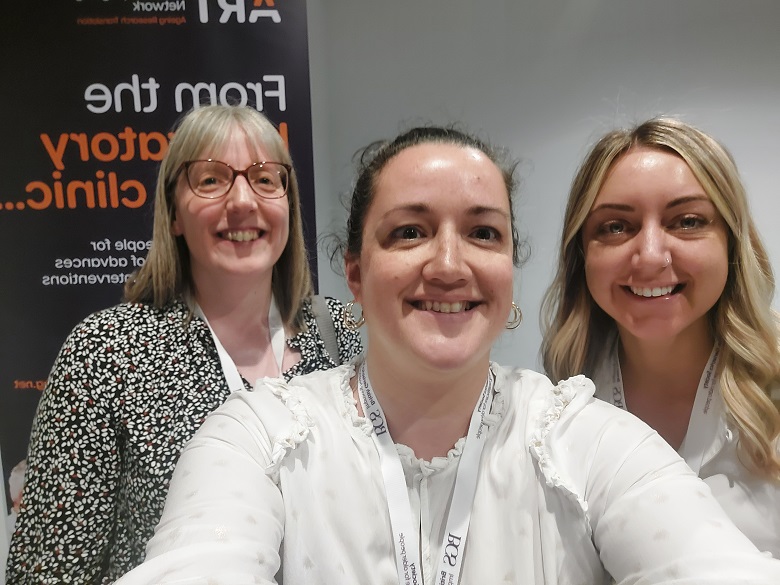
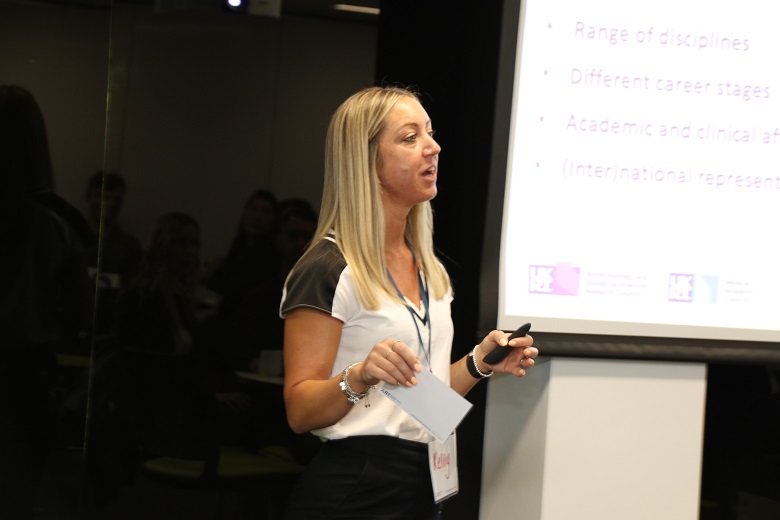
Q&A with Dr Sandra Ortega-Martorell
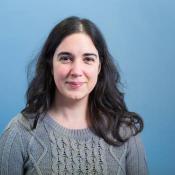
1. Please could you briefly describe your current role and career journey so far?
I am a Reader in Data Science at Liverpool John Moores University (LJMU). I have expertise in the development and application of Artificial Intelligence (AI) and Machine Learning (ML) with an increasing emphasis on AI/ML healthcare translation. My research interests focus on accelerating the development of personalised computational models and digital twin technology to assist clinical decision-making and help deliver optimised patient management strategies.
Earlier in my career, I completed a PhD in Computer Science from the Autonomous University of Barcelona (2012). I was then awarded an EU Marie Curie Fellowship, and that is how I joined LJMU (2013). After this postdoc experience, I stayed at LJMU as a Senior Lecturer in Data Science (2016). I currently lead the Machine Learning Research Group at LJMU, part of the Data Science Research Centre (DSRC); and I am a senior member of the Liverpool Centre for Cardiovascular Science (LCCS) leading the data science cross-sectional theme at LJMU.
I am an elected member of the EPSRC Peer Review College (since 2016). As a member, I have reviewed more than 25 proposals for the EPSRC, as well as BBSRC and MRC calls related to AI/ML, and have participated as a member of EPSRC Prioritisation Panels. I am also a member of the IEEE Task Force on Medical Data Analysis of the Computational Intelligence Society since 2014, and this year was nominated Chair for this Task Force.
2. What attracted you to your chosen field originally?
The prospect of harnessing AI and ML has always fascinated me as they provide us with mechanisms to uncover intricate patterns within data in a clever way, powering innovation and driving smarter decision-making across various aspects of everyday life. In particular the application of AI in healthcare is very close to my heart, as it can help enhance diagnostic accuracy, optimise treatment plans, and streamline healthcare processes, ultimately improving patient outcomes and care whilst also reducing healthcare costs.
3. What challenges are you currently trying to address in your research? And, how does this relate to the wider translational ageing research agenda?
In my research group, we are currently working on advancing digital twin technology and AI for healthcare. Digital twins in healthcare are virtual representations of individuals created through data, analytics, and simulation. These personalised models provide a comprehensive view of a patient’s health by integrating data from multiple organs and organ systems, hence their complexity. This is one of the key aims of a EU project that I lead, where we aim to develop digital twins for the personalised management of stroke related to atrial fibrillation (https://target-horizon.eu/). This technology has a great potential for ageing research as it can be used for modelling age-related changes and to personalise interventions for healthy ageing.
4. What is your role in the ART of Healthy Ageing Network?
My role in the ART of Healthy Ageing Network is to bring complementary expertise in Data Science, and activities related to supporting Early Career Researchers (ECR).
5. Through your involvement in the ART of Healthy Ageing Network, what key insights have you gained?
The interaction with ECR and more senior colleagues has given me the opportunity to learn how others view the role that Data Science (in the context of AI/ML) plays in this area. For example, many recognise that data science is crucial for extracting insights from large datasets and understanding ageing processes; however, it is not always very clear why or how to go beyond the more basic statistical analyses. Working with ECR from different backgrounds has also allowed me to learn more about their needs as they enter the world of ageing research, and to recognise the need to develop a common language across the different disciplines.
6. What are your thoughts on the future of interdisciplinary ageing research?
I believe that interdisciplinary ageing research holds immense potential. Merging fields like biology, epidemiology, data science, medicine and social sciences can lead to innovative ways of understanding ageing and provide enhanced solutions.
7. Finally, what would be your advice to early career researchers looking to get involved?
Everyone’s journey is different and I don’t think there is ‘one-size-fits-all’ advice. But if I had to advise early career researchers, I would suggest to: a) engage with more senior researchers working on different projects to gain experience; b) embrace interdisciplinary collaboration and develop a strong network (national and international), and c) do what you truly feel passionate about, as it will provide motivation and help you to persevere even when faced with challenges.

